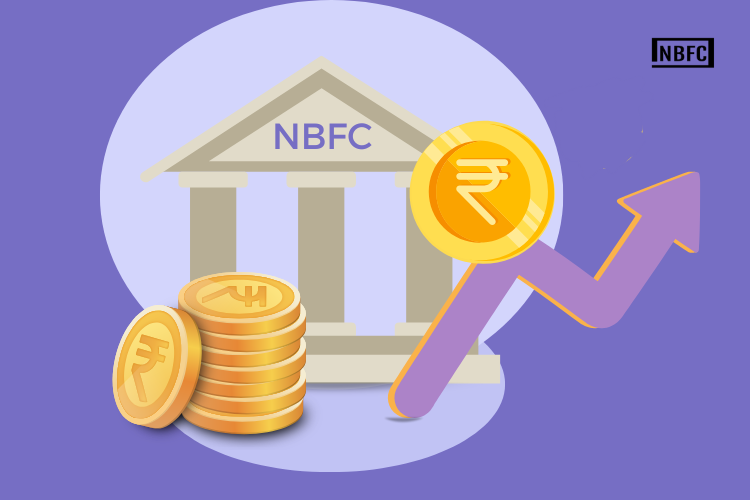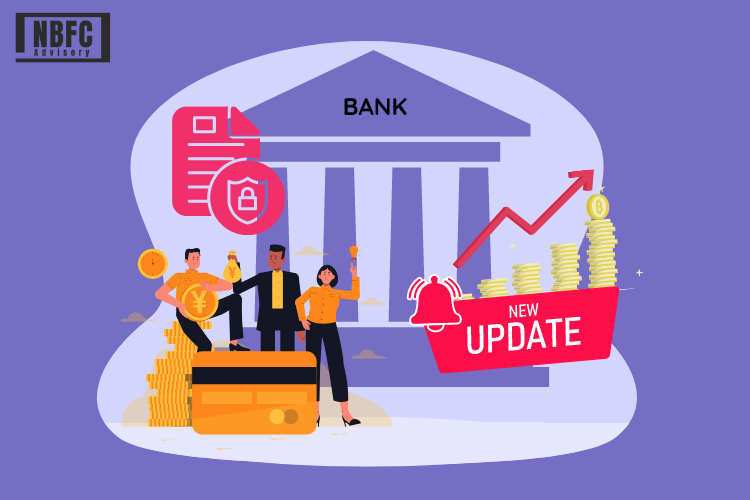The Indian FinTech ecosystem demonstrates uniqueness. Its growth is propelled and determined by numerous factors and the involvement of a myriad of stakeholders, including founders, startups, a vast customer base, institutions, and government & regulatory bodies, to name a few.
Fintech is flourishing like never before in India. That’s attributable to an ultra-modern digital infrastructure, including India Stack, an ever-increasing talent pool, and improved access to capital.
The 3rd largest fintech market in the world, India’s fintech market is estimated to grow at a CAGR of up to 31% by the year 2025. This will be remarkable as this growth rate is higher than the global growth rate.
With more than 6600 fintech startups, the Indian fintech market is worth $50 billion as of now. It is all poised to touch the magical $1 trillion figure by the year 2030. Karnataka is believed to contribute more than 50 percent of this whopping growth.
Fintech Founders Became Too Adventurous
September 2022 brought a wind of change as RBI questioned the business models of a few rapidly growing startups and cracked the whip, which resulted in curtains for renowned startups such as slice and UNI.
This major move by the RBI forced the fintech startups to get back to the drawing board; however, this was not it. RBI’s policy also barred NBFC lenders from PPI credit instruments which also disrupted the Indian fintech market.
Key takeaways for fintech in India
After a few lapses, Paytm Payments Bank was prevented from onboarding new customers, and Razorpay had a similar experience. Despite being tough on the startups, fintechs had quite a few takeaways to learn from.
On the one hand, they realized that shortcuts wouldn’t take them too far, and on the other, they acknowledged the importance of having professional startup consultants and senior bankers by their side.
Key Moves by the RBI
RBI’s inventions in the credit space initially seemed to cause uncertainties; however, fintechs soon realized that they were left with no option except to adhere to the policies that came into force after RBI’s intervention.
1. Restricting the roles of marketing partners
Fintechs kept launching co-branded cards in association with banks before the central bank tightened data-sharing rules and also restricted the role of marketing partners with lenders.
2. Elimination of intermediaries
Management of the flow of funds being a major concern, RBI eliminated the involvement of intermediaries to facilitate the flow of funds between the lender and the borrower. Not long ago, fintechs were involved in managing the payouts for NBFCs and banks.
3. FLDG arrangements
FLDG stands for ‘First loan default guarantee.’ It is an arrangement between two regulated entities. New digital lending norms mandate FLDG structures to adhere to securitization rules.
4. Credit through prepaid cards
RBI announced in June 2022 that credit could not be granted through prepaid cards. Furthermore, RBI advised the players to apply for a credit card license if they wish to venture into the instant-credit business.
Conclusion
The new guidelines and policies rolled out by the RBI in 2022 for fintechs are aimed at preventing unrestricted engagement of 3rd parties, data privacy breaches, unfair business conduct, and misselling. The fintech market is expanding exponentially, and the new guidelines will force new startups to be more cautious than ever before.
Hope you found the post useful. For more information related to fintech startup registration rules, feel free to connect with NBFC Advisory.





